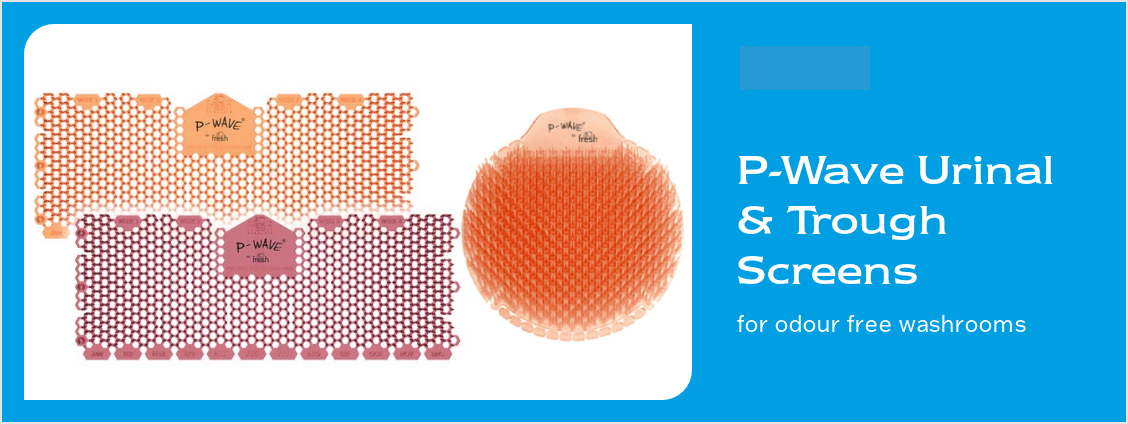How to Manage Cleaning Staff
How to Manage Your Cleaning Staff to Get The Best Results
Over the last three years, the cleaning industry has received additional focus; the coronavirus pandemic has taught us all the importance of keeping surfaces clean and improving personal hygiene to stop the spread of germs and to keep businesses, customers and team members safe. Cleaning schedules and tasks have been intensified and as a result the demand for cleaning supplies has increased significantly.
While many people assume that cleaning is a fairly simple job, there are actually many aspects of the work that require careful attention to detail, particularly in large, high traffic buildings such as schools, offices and restaurants. Cleaners can be employed in-house or contracted out to a cleaning company that complete the cleaning work for you.
When you’re in charge of managing a team of cleaners, or contract cleaners of a large building, it can be a challenge to provide them with clear instructions and keep track of what they’re doing and when. This blog will cover tips for hiring, benefits, and managing your cleaning staff to ensure a productive workplace.
5 tips to help you manage your cleaning staff:
1. Establish a cleaning schedule and stick to it!
It can be tempting to give your cleaners free rein over their day, but this isn’t always the best option. If you have certain tasks that need to be done at certain times of day, and days of the week, make sure that your cleaners know what these are and when they need to be completed by. A simple cleaning schedule can help you manage the cleaners workload and also ensures that all areas are cleaned periodically.
Do you work in a school and need help on setting up a cleaning schedule? Check out our blog on how to create a school cleaning schedule here.
2. Give your cleaners clear instructions on how to clean each designated area.
It’s important to let your cleaners know exactly what they need to do and how they should go about doing it. Creating a clear and structured induction when your cleaners (or contract cleaners) start working for you will go a long way when it comes to ensuring they know how to clean each designated area. Demonstrate what needs cleaning and how you want the cleaning task carried out.
3. Make sure your cleaners have the right equipment.
Without the correct cleaning equipment, your cleaners will not be able to carry out the task in hand therefore it is important that your cleaners have access to the right tools and materials. Across the UK, there are many local hygiene and cleaning wholesale suppliers, like Duckworth Group, who supply these products to local education facilities/schools, hospitality venues, care homes and the NHS. Using a local dedicated hygiene, cleaning and janitorial supplier will give you access to the best commercial products for your organisation that are delivered to your door.
4. If you use cleaning contractors, set up a contract.
It is important to set clear boundaries and expectations for your contract cleaners, setting up a contract, that is agreed by both parties, ensures they understand their responsibilities. This can be done by creating an agreement that outlines the specific tasks that will be performed, how often they will occur, and what happens if either party breaches the contract.
In addition, include a description of what will happen if there is an issue with the cleaning service, so that both parties know where they stand in the event of an emergency. The contract should be signed by both parties, and a copy should be provided to each. You can also ask your cleaning service to provide a copy of their insurance policy, so that you are aware of what is covered and how much it will cost if something goes wrong during the cleaning process.




